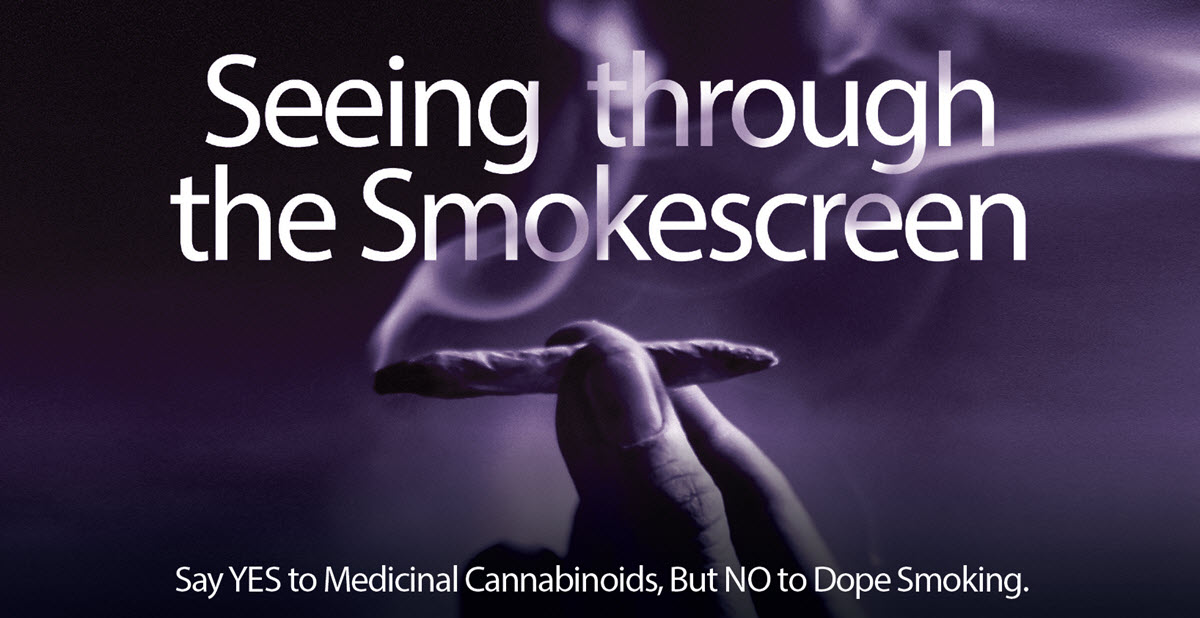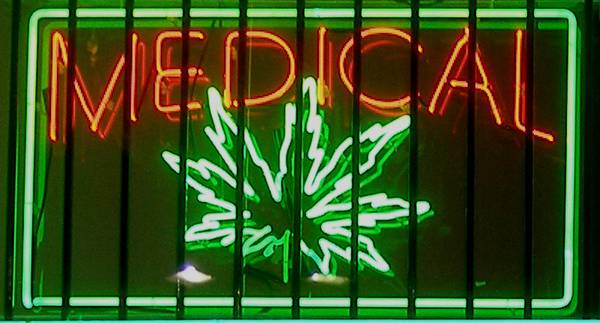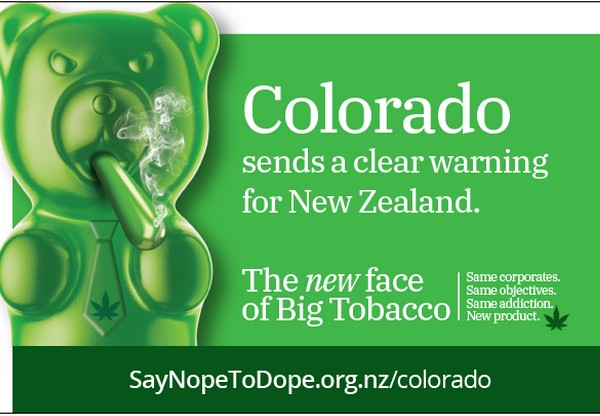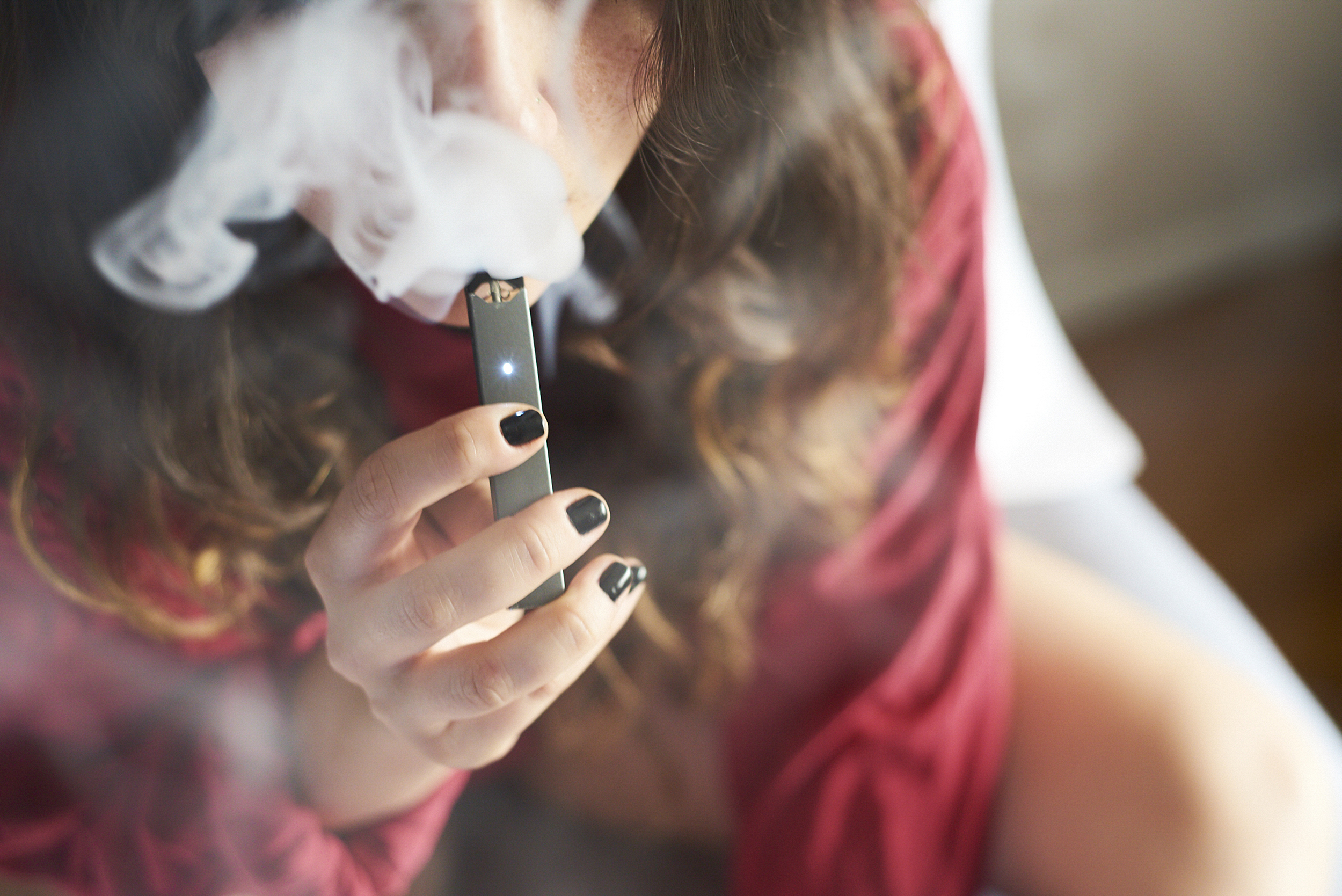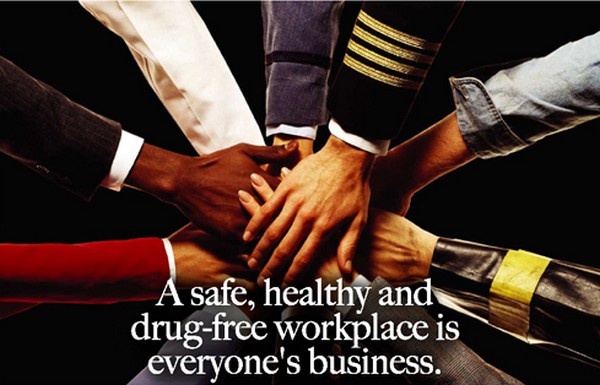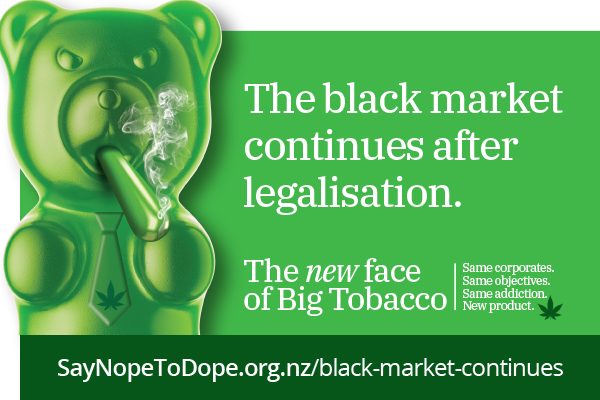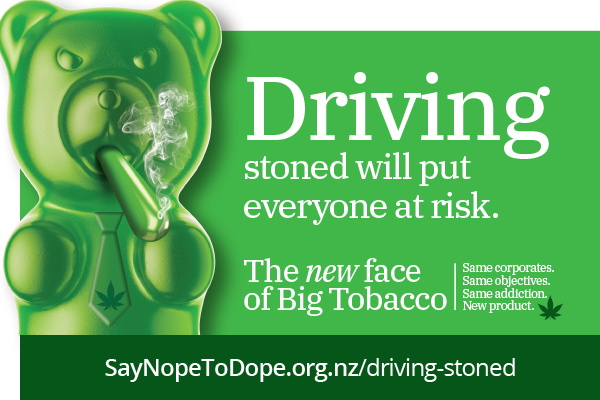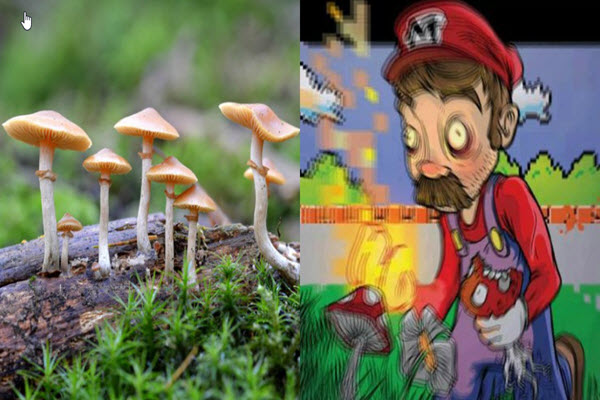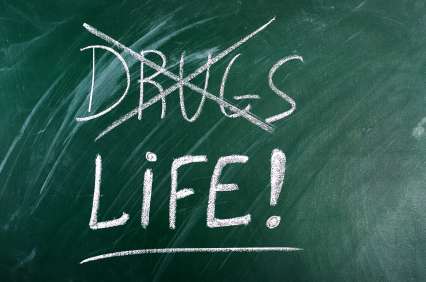
NZ Herald 10 May 2019
Family First Comment: “We seem to be stuck with two opposing choices. If we legalise or at least decriminalise dope we stop the stigma of breaking the law. The other side of the cannabis coin is we open up the availability to the already vulnerable – especially our tamariki. The damage done by drink is heartbreaking when you see it every day, so for me adding another drug to the problem can only go one way with no exit… Maybe we should be asking ourselves – and each other, why do we need to get high at all, be it by drinking or drugging… (David) Bowie said, “Drugs gave me nothing. In the end I regretted I ever took them. There so-called liberating qualities were illusory”.
For me the issue is bigger than a bong full of buds, a jar full of rasta-infused gummy bears or growing a couple of plants in your own back yard for personal consumption.
I am all good for growing anything that either feeds you or fixes you up.
However, we seem to be stuck with two opposing choices. If we legalise or at least decriminalise dope we stop the stigma of breaking the law. The other side of the cannabis coin is we open up the availability to the already vulnerable – especially our tamariki. The damage done by drink is heartbreaking when you see it every day, so for me adding another drug to the problem can only go one way with no exit.
Bit of a Mexican marijuana stand-off really.
Maybe there is a third option to entertain?
Maybe we should be asking ourselves – and each other, why do we need to get high at all, be it by drinking or drugging.
In a recent interview on the Jim Mora Sunday show, Jim interviewed Mike Garson, David Bowie’s life-long friend and pianist who never took anything to enhance his creative talents during his 47-year touring career with the Starman.
His quote from Bowie himself about drugs has held its higher ground in my mind ever since and that in itself proves I still have some memory left.
Bowie said, “Drugs gave me nothing. In the end I regretted I ever took them. There so-called liberating qualities were illusory”.
Tautoko Rawiri I have come to the same realisation myself.
For my two bobs’ worth of what we should do about cannabis reform, all I can add to the pot pot is what I know from personal experience, and if we do decriminalise it – and we should, then let’s also sow the seed of sobriety.
Staying straight and getting high on love, life and learning is also equally as cool as cannabis.
So, this leads me back down the long and winding road to loss of memory and its possible connection to lazy thinking brought about by smoking too much of the “holy herb” back in the day.
If we legalise cannabis and it becomes available everywhere, what effect will it have on those who are already logged into lazy thinking? How will the instant everything generation react when Uncle Google is already dumbing them down by doing their thinking for them?
Lazy thinking induces a lazy lifestyle and limits the potential of our people, Māori and non-Māori.
We need to understand where the referendum will take us and prepare for the good, the bad and the ugly of decriminalising cannabis.
READ MORE: https://www.nzherald.co.nz/premium/news/article.cfm?c_id=1504669&objectid=12229174

